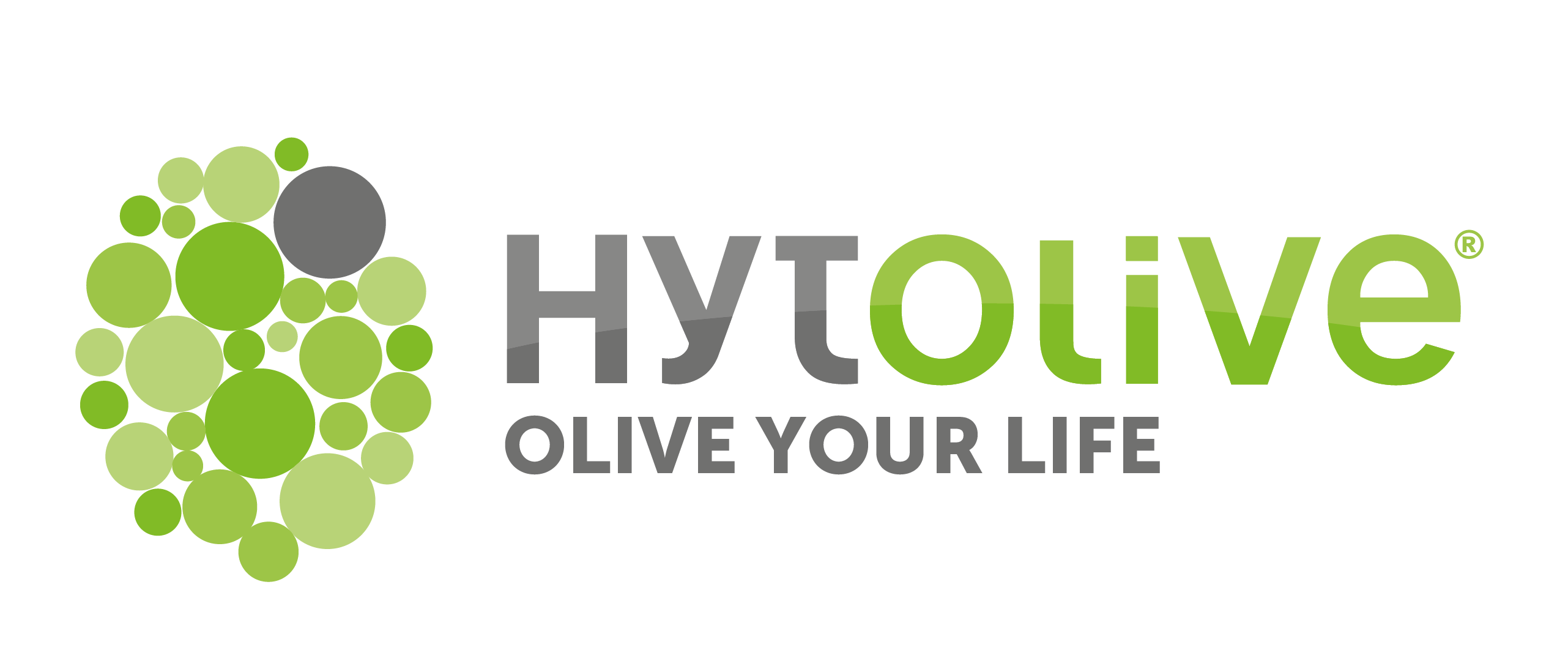-
Ingredient SolutionsQuickly narrow your search. Browse products in our sortable catalog. View Catalog
-
ApplicationsQuickly narrow your search. Browse products in our sortable catalog. View Catalog
-
ResourcesRecently Posted
-
PLT People & Planet
-
About
Our international network, passionate team of experts and extensive industry knowledge is what sets us apart.
 Seth FlowermanCEO
Seth FlowermanCEO
Cytoprotective effects of olive mill wastewater extract and its main constituent hydroxytyrosol in PC12 cells

Cytoprotective effects of olive mill wastewater extract and its main constituent hydroxytyrosol in PC12 cells
Schaffer, Sebastian & Müller, Walter & Eckert, Gunter
(2010) PHARMACOLOGICAL RESEARCH : THE OFFICIAL JOURNAL OF THE ITALIAN PHARMACOLOGICAL SOCIETY. 62. 322-7. 10.1016/j.phrs.2010.06.004.
Abstract
Evidence from epidemiological studies indicates that adherence to diets rich in secondary plant metabolites, such as polyphenols and phenolic acids, possibly reduces the risk of age-dependent neu- rodegeneration and subsequent cognitive decline. Olive mill wastewater is particularly rich in the ortho-diphenol hydroxytyrosol (HT) that can be recovered with ad hoc techniques. In a previous study, we showed that hydroxytyrosol-rich olive mill wastewater extract protects dissociated brain cells not only in vitro but also ex vivo after subchronic oral administration of the extract to mice. As plant extracts often contain constituents with potentially confounding activities, our present study aimed to test in vitro whether HT at concentrations present in olive mill wastewater extract is able to protect PC12 cells with similar efficiency. Following a short-term exposure (30 min) to the compounds of interest, cells were subjected to oxidative or nitrosative stress by adding either ferrous iron or sodium nitroprusside to the cell culture medium for 18 h, respectively. Cytotoxicity was assessed by measuring MTT reduction, cellular ATP levels and mitochondrial membrane potential in the absence and presence of HT or HT-rich olive mill wastewater extract. The results we obtained mainly confirm our previous observation of promising cytoprotection of brain cells by HT-rich olive mill wastewater extract in different stressor paradigms. Furthermore, correlation analyses revealed that the observed cytoprotective effects in PC12 cells are likely due to HT present in the extract.














